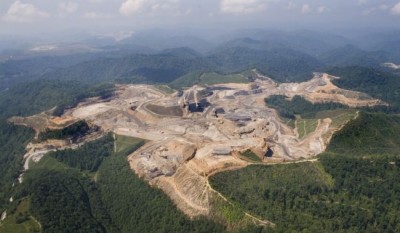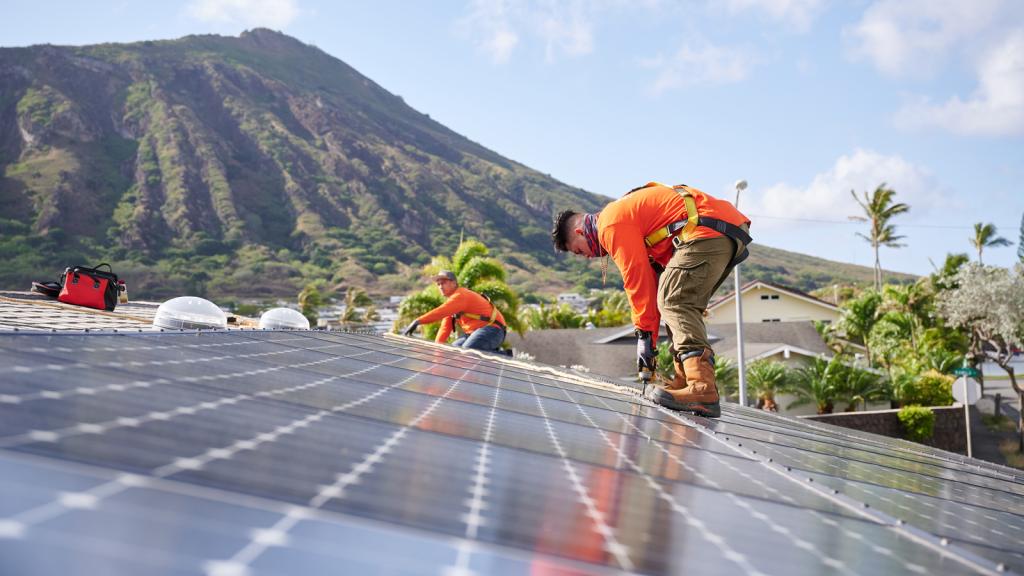By 2015, coal production in Appalachia will be half what it was in 2008. Some coal industry advocates argue that such a drop is due to increased regulation by the Obama administration (go figure). But geologists and others who work in the industry say it's actually the result of a much more basic fact: Appalachia is running out of coal.
Used to be, coal was so thick in the hills of Kentucky and West Virginia that miners could get at it just by digging elaborate underground mines. Now, though, all the easy coal is gone, which means the seams that are being exploited by mining companies are sometimes as thin as six inches, says Leonard Fleming, a retired Kentucky miner and union leader in Letcher County who worked in the industry for 32 years.
The only way to mine such sparse coal without going broke is mountaintop-removal mining, a process so environmentally destructive that it turns forests into moonscapes, devastating nearby land and water to the point that even the people whose states profit from it aren't fans.
This doesn't mean America is running out of coal, of course — we remain the Saudi Arabia of the stuff. However, the coal in the western U.S. has a lower energy content than Appalachian coal, so it's less useful (and no less planet-killing).



